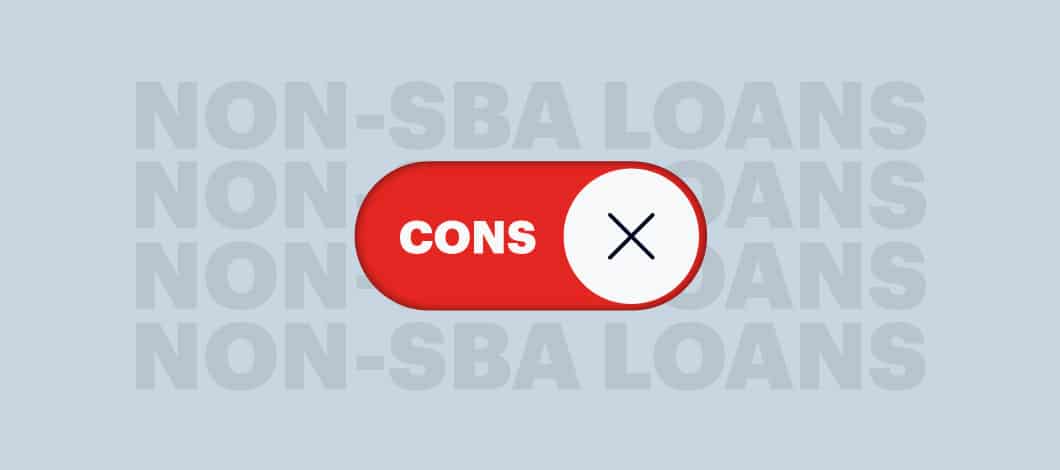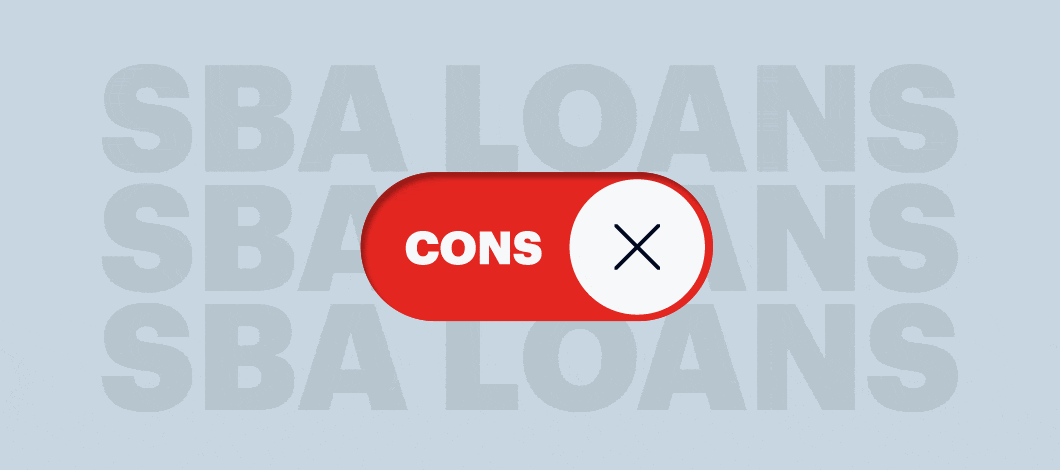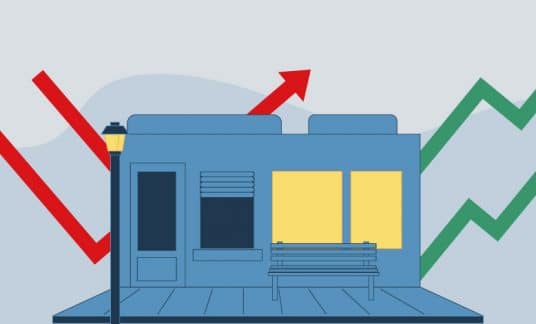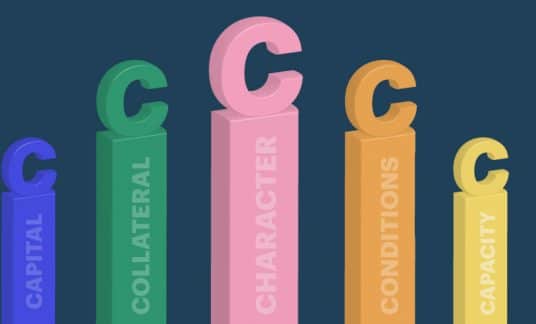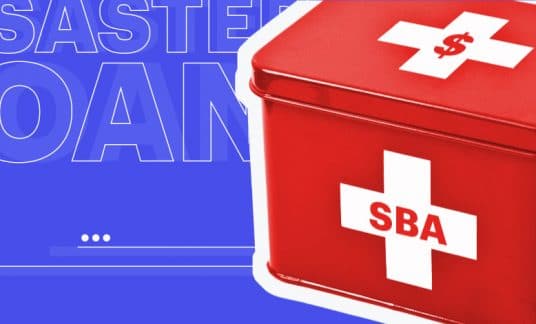Having access to the right financing at the right time is key to growing a business. Two common methods of obtaining business financing are through banks and SBA-approved lenders, those that partner with the U.S. Small Business Administration.
While SBA loans are a great resource for small businesses that have been denied for conventional bank loans, they also come with some constraints.
In this article, you’ll learn about conventional business loans vs. SBA loans, including their pros and cons, so you can decide which option is better for your business.
What to Know About a Conventional Business Loan
Business owners can apply for many types of conventional business loans, such as:
- Business term loans
- Equipment financing
- Business lines of credit
- Commercial loans
The loans can typically be used for any purpose, including the purchase of fixed assets. When it comes to bank loans vs. SBA loans, most conventional business loans start at $250,000 and typically require excellent business and personal credit scores for approval.
Terms for traditional business loans can be very different, depending on factors such as your credit standing, type of business, cash flow, collateral, business forecast and more. Interest rate, repayment terms and turnaround time can also vary widely, so it’s important to compare different financial institutions before making a decision.
Pros of Conventional Business Loans
- Loans have competitive interest rates and terms.
- The application and approval process is often faster than SBA loans.
- These loans can be used for a wide variety of purposes with few restrictions.
Cons of Conventional Business Loans
- Most lenders require a high credit score, sufficient cash flow and collateral.
- You might need to navigate complex guidelines and requirements set up by lenders to mitigate risks. Signs demonstrating risk, such as a poorly written business plan or lack of experience, could cause an application to be denied.
- Different lenders offer loan types and terms that often vary widely from each other. Without proper guidance, it can be hard for small business owners to navigate the many choices and the complex application process.
What to Know About an SBA Loan
SBA loans and lines of credit were the No. 1 type of financing small businesses applied for, according to the Federal Reserve Banks’ Small Business Credit Survey.
Small business owners who face challenges when trying to get a conventional business loan due to factors such as a low credit score or lack of cash flow can apply for loans backed by the SBA.
These loans are designed to help small business owners gain funding to grow their ventures. They provide favorable terms and access to educational resources from the SBA.
While the SBA doesn’t directly lend to small businesses, it backs the loans made through their partner lenders — which could include banks, community development organizations, alternative lenders and microlending institutions.
The SBA guaranty lowers the risk for lenders, so they’re more willing to provide financing to small businesses. Guarantees range from 50%-90% of the loan, depending on the loan type and amount.
SBA loan amounts range from $500 to $5.5 million with repayment terms ranging from 5-25 years depending on the use of funds and loan type.
You can use Lender Match — a free tool on the SBA’s website — to find participating SBA-approved lenders. You’ll likely be asked to produce a business plan, amount and use of funds, credit history, collateral and financial projection for the application process.
Pros of SBA Loans
SBA loans offer several benefits to small business owners who have difficulty getting approved for conventional loans.
- Thanks to the SBA’s backing, small business owners can secure loans with lenders that would otherwise be reluctant to enter the small business market due to the higher risks.
- There are interest rates caps that lenders can’t exceed.
- The SBA provides tips and resources to help small business owners navigate the application process.
Cons of SBA Loans
While SBA loans have generous term lengths and the low down payment requirements are attractive, there are also some drawbacks.
- You must meet general guidelines for qualifying for an SBA loan, such as being a for-profit, U.S.-based company that has exhausted other financing options.
- Some programs have usage restrictions.
- The SBA requires a personal guarantee. If you can’t repay the amount you’ve borrowed, you could risk losing your business or personal properties.
Weighing the Differences Between an SBA Loan and a Conventional Loan
Whether an SBA loan or a non-SBA loan is better for your business depends on your specific circumstances, so it’s important to evaluate the pros and cons based on your business requirements.
SBA loans are designed for borrowers who have difficulty qualifying for conventional financing and have exhausted other options. These loans offer many small business owners the opportunity to get the funding they need to affordably grow their businesses, thanks to favorable rates and terms.
Although the qualification process is more stringent, non-SBA loans offered through conventional lenders provide more flexibility and choices so you can use the funds as you see fit. The approval process often takes less time too. However, it’s not always easy to qualify.
No matter which financing option you pursue, you’ll need to come prepared with some basic documentation for the application process, such as a business plan, available collateral and financial projections. Keep in mind, lenders will also review your credit history. As with any loan, make sure that your company is profitable so you can repay your debt within the terms of the loan.
And if you find you’re denied for an SBA loan or a business loan through a bank, or you need funds fast, consider alternative financing. In some cases, you could receive funds as quickly as the same day you’re approved.



